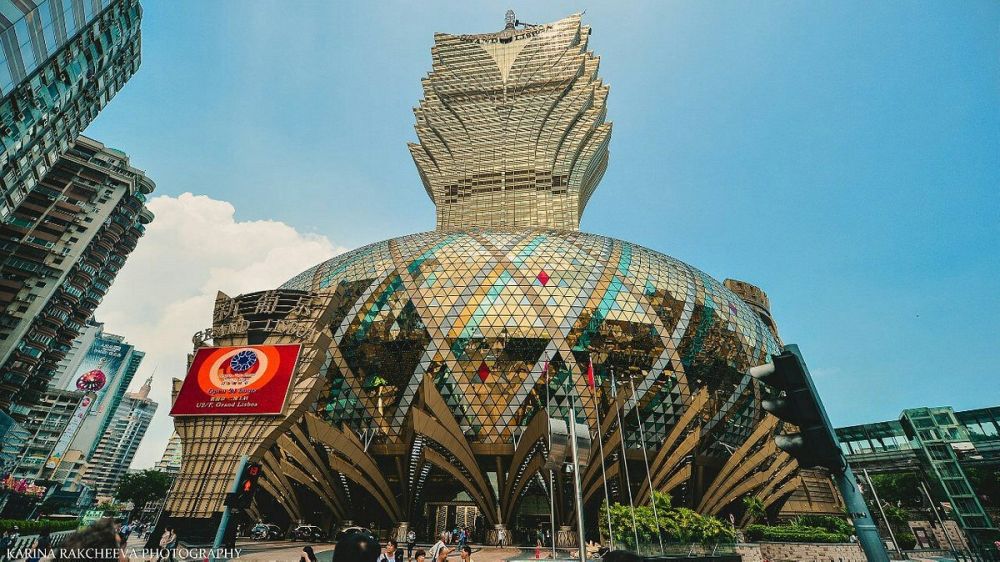

One of the most striking landmarks in the skyline of Macao, the Grand Lisboa Casino, has played a significant role in shaping the tourism landscape of this special administrative region of China. The history of the Grand Lisboa is intertwined with the broader history of tourism in Macao, which has undergone remarkable changes over the past few decades.
Macao's journey into the realm of tourism began in earnest during the 20th century. With its colonial Portuguese architecture, rich cultural heritage, and unique blend of Eastern and Western influences, the city became a popular destination for visitors from Hong Kong and mainland China.
However, it was the legalization of gambling in 1962 that transformed Macao into a magnet for international tourists. The city's gaming industry blossomed, and the casinos became an essential part of its appeal. For many years, the Sociedade de Turismo e Diversões de Macau (STDM), co-founded by Stanley Ho, held a monopoly over the industry, paving the way for iconic establishments such as the Grand Lisboa.
The Grand Lisboa, standing as a testament to the evolution of Macao's tourism, officially opened its doors in 2007. Its eye-catching design, featuring a lotus-shaped body and a dome reminiscent of a feathered costume, is symbolic of the city's flamboyant embrace of luxury and entertainment.
The property, owned by the STDM successor, SJM Holdings, was envisioned to embody Macao's journey from a colonial outpost to a global entertainment hub. With its casino, plush hotels, and Michelin-starred restaurants, the Grand Lisboa quickly became a hallmark of the city's growing opulence.
Up until recently, Macao's tourism industry thrived, with the Grand Lisboa Casino playing a major role in attracting high rollers and casual tourists alike. The city held the title of the world's largest gambling center, surpassing Las Vegas in terms of revenue.
In the wake of the COVID-19 pandemic, Macao's tourism sector, like many others worldwide, faced unprecedented challenges. However, the city is adapting to new trends, focusing on health and safety, and increasingly promoting its cultural heritage and family-friendly attractions, beyond its famed gaming offerings.
There is a growing emphasis on sustainable tourism and creating a diversified tourist experience that highlights Macao's UNESCO World Heritage sites, local cuisine, and public events. The Grand Lisboa remains a key player in this context, constantly redefining luxury and entertainment while aligning with the broader trends in global travel.
As international travel resumes and tourists seek new, immersive experiences, Macao and the Grand Lisboa Casino are well-positioned to accommodate this evolving market. With its rich history, commitment to innovation, and distinctive blend of attractions, the Grand Lisboa Casino is poised to continue its legacy as a cornerstone of Macao's vibrant tourism scene.